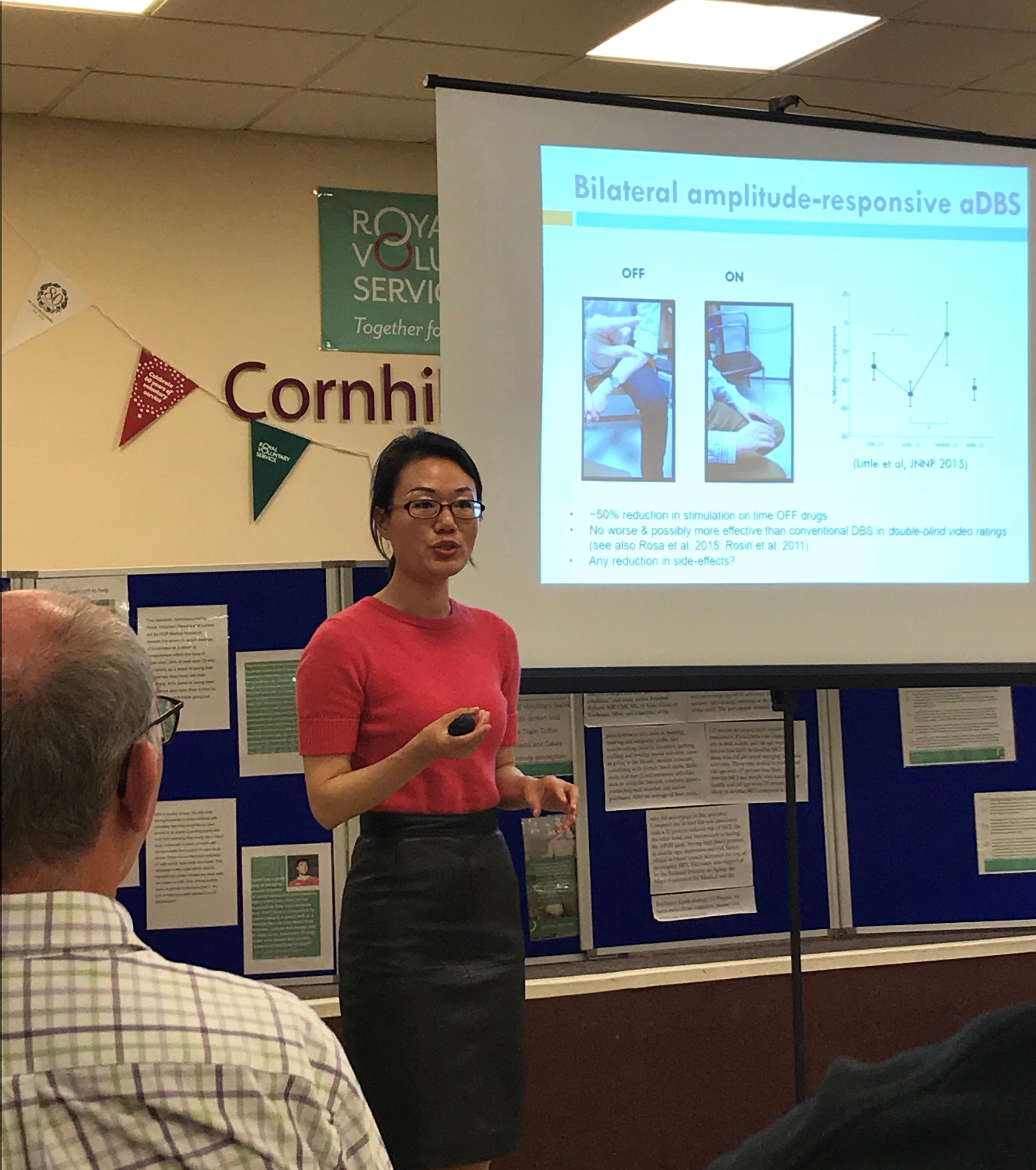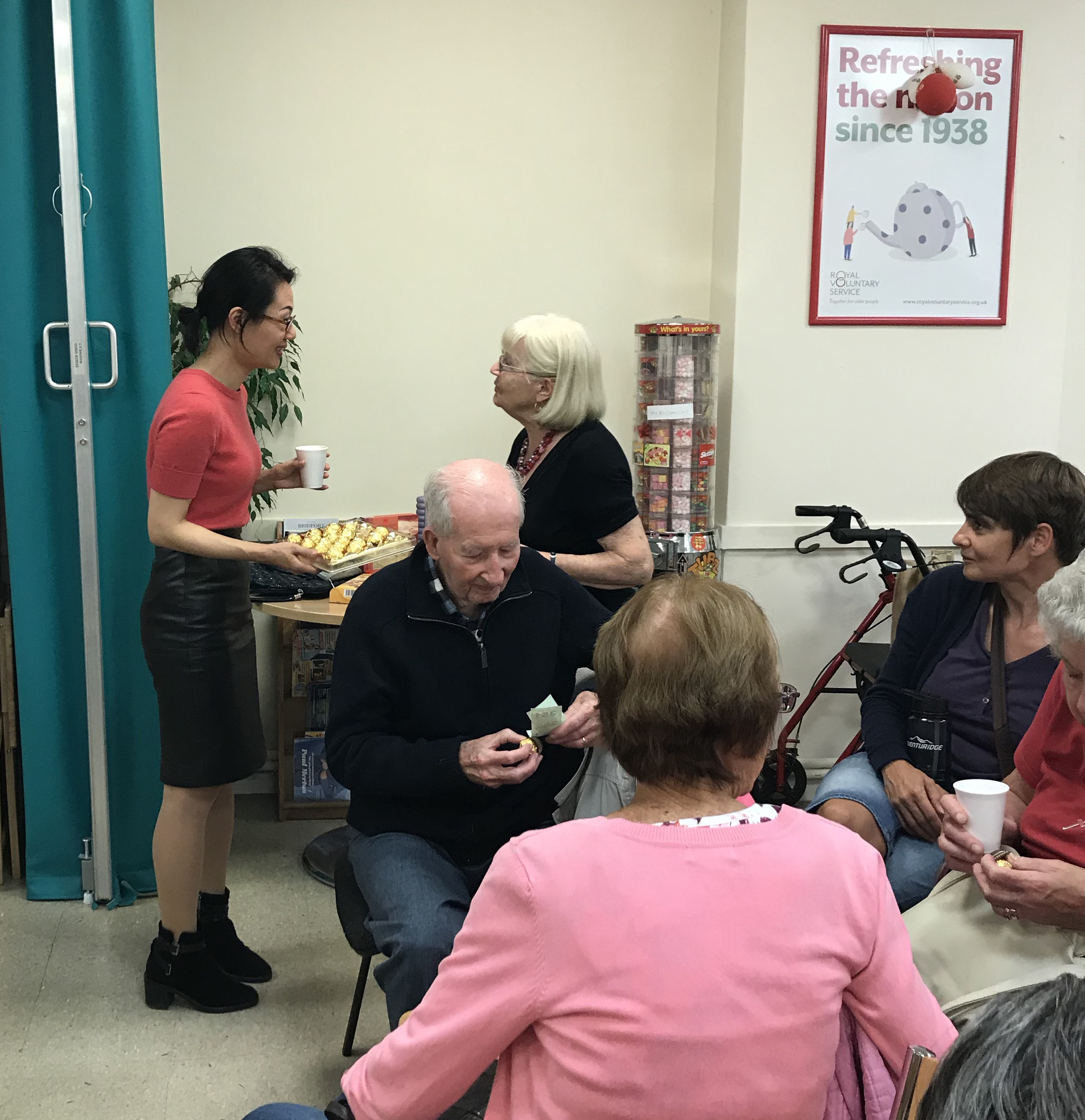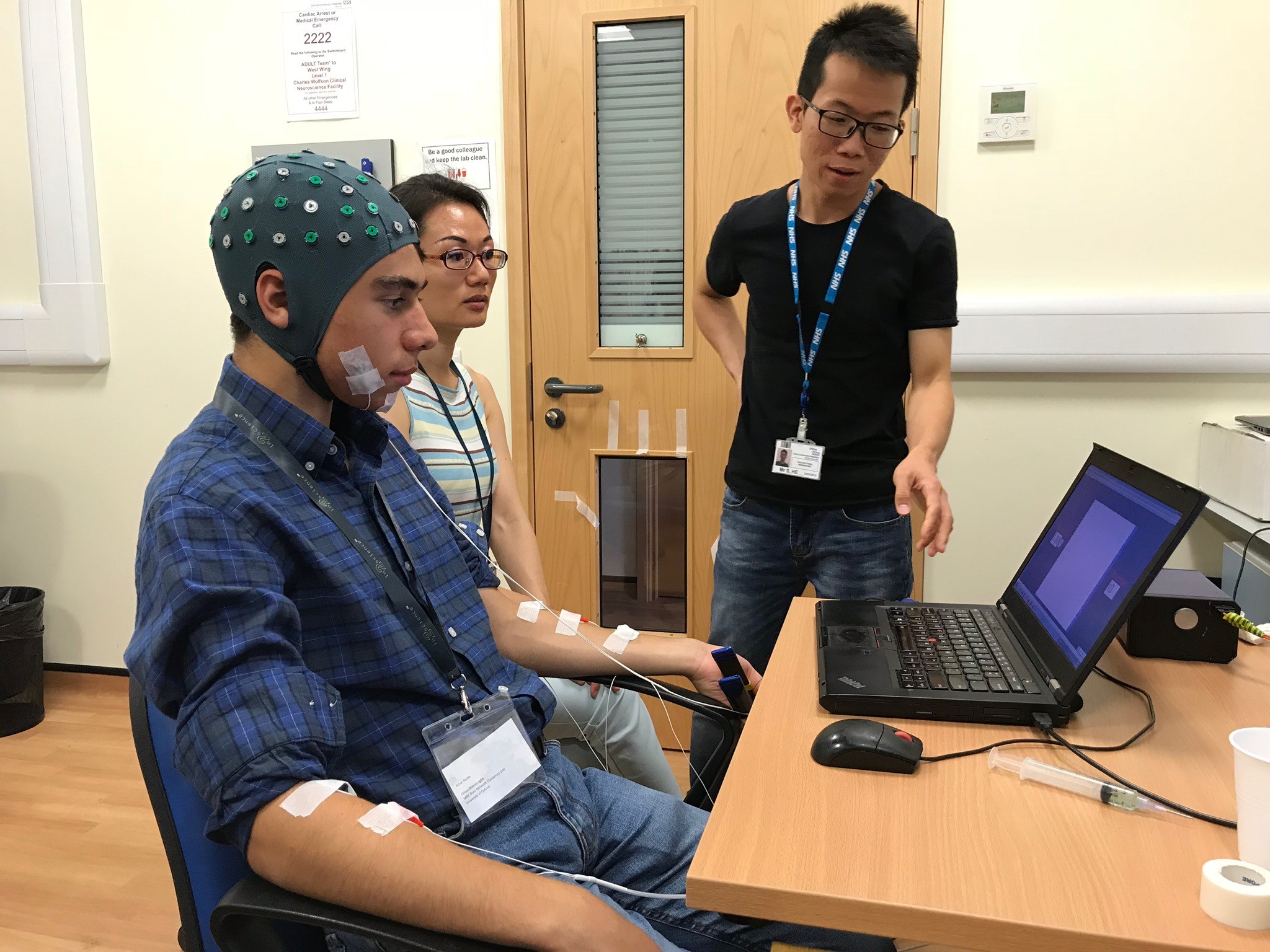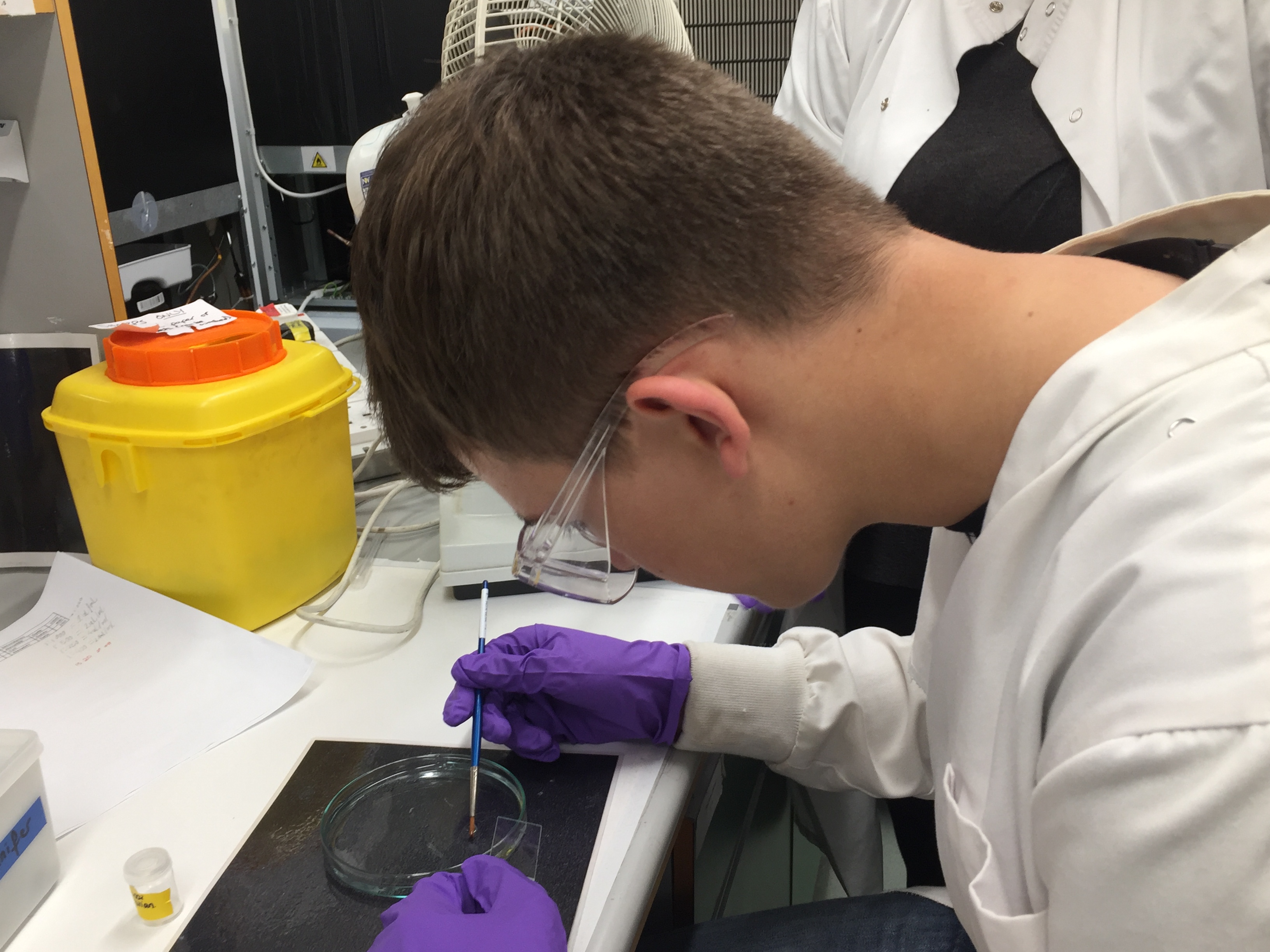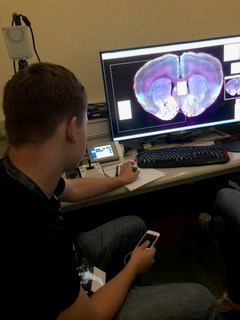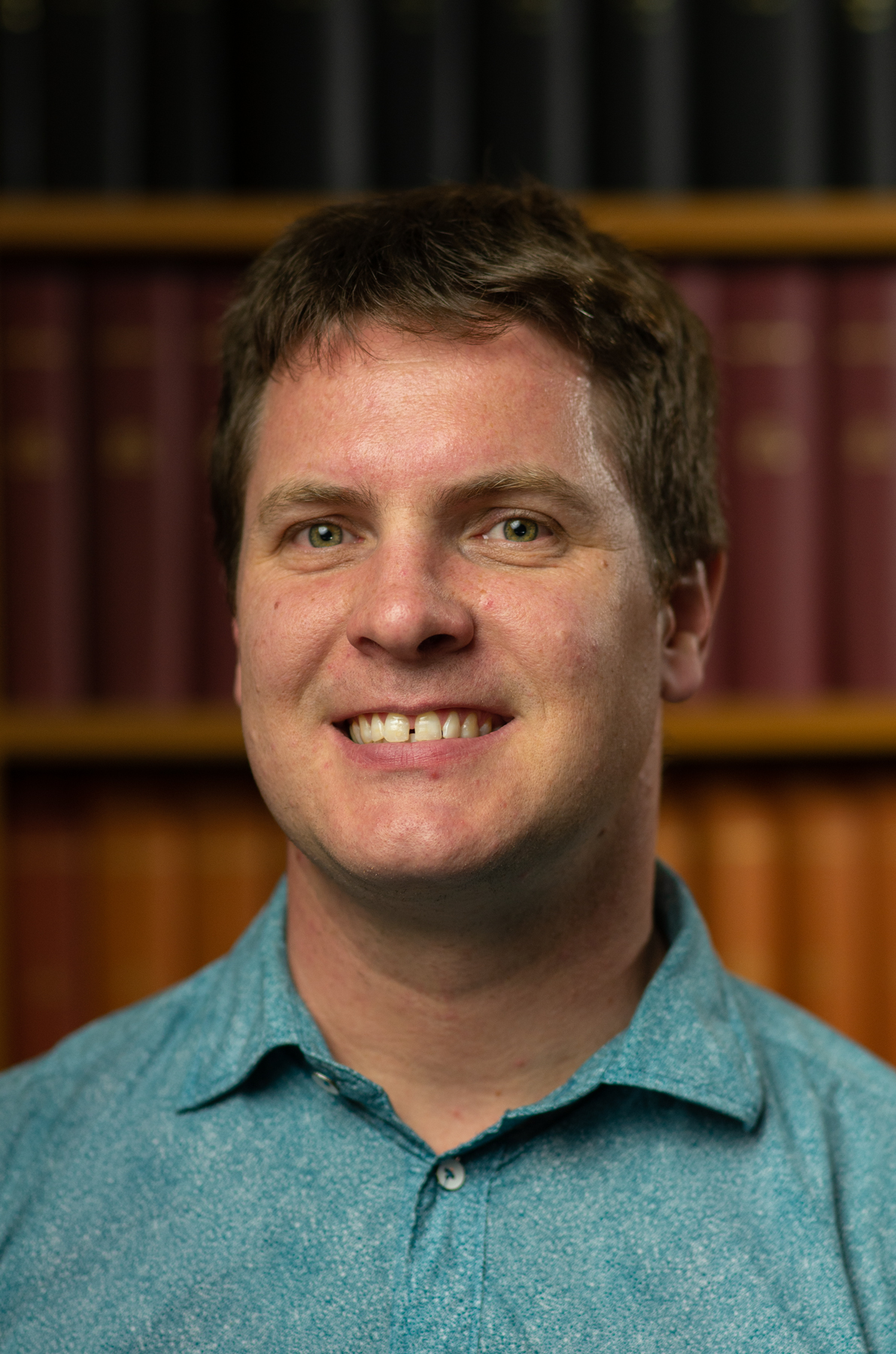
We are pleased to welcome Dr David Bergin to the Unit as a Postdoctoral Neuroscientist in the Magill Group.
Dave graduated with a M.Sc. and Ph.D. in Neuroscience from the University of Otago, New Zealand, during which he examined the effects of agmatine treatment on behavioural and neurochemical biomarkers in models of Alzheimer's disease. He remained at the University of Otago for his first postdoctoral research position in the group led by Unit collaborator Prof. John Reynolds, with whom Dave established a novel model of Parkinsonism to help advance a multidisciplinary drug delivery system. Following this success, Dave moved in 2017 to the University of Veterinary Medicine Hannover, Germany, to join the EU consortium EPITARGET, where his research was focused on the use of combination therapy with clinically-approved drugs for the prevention of post-insult epileptogenesis.
Here in the Unit, Dave’s work will be centred on the development and delivery of novel in vivo platforms for drug discovery in Parkinson’s disease, as part of the Unit’s new translational research venture with partners at the University of Oxford and FORMA Therapeutics.
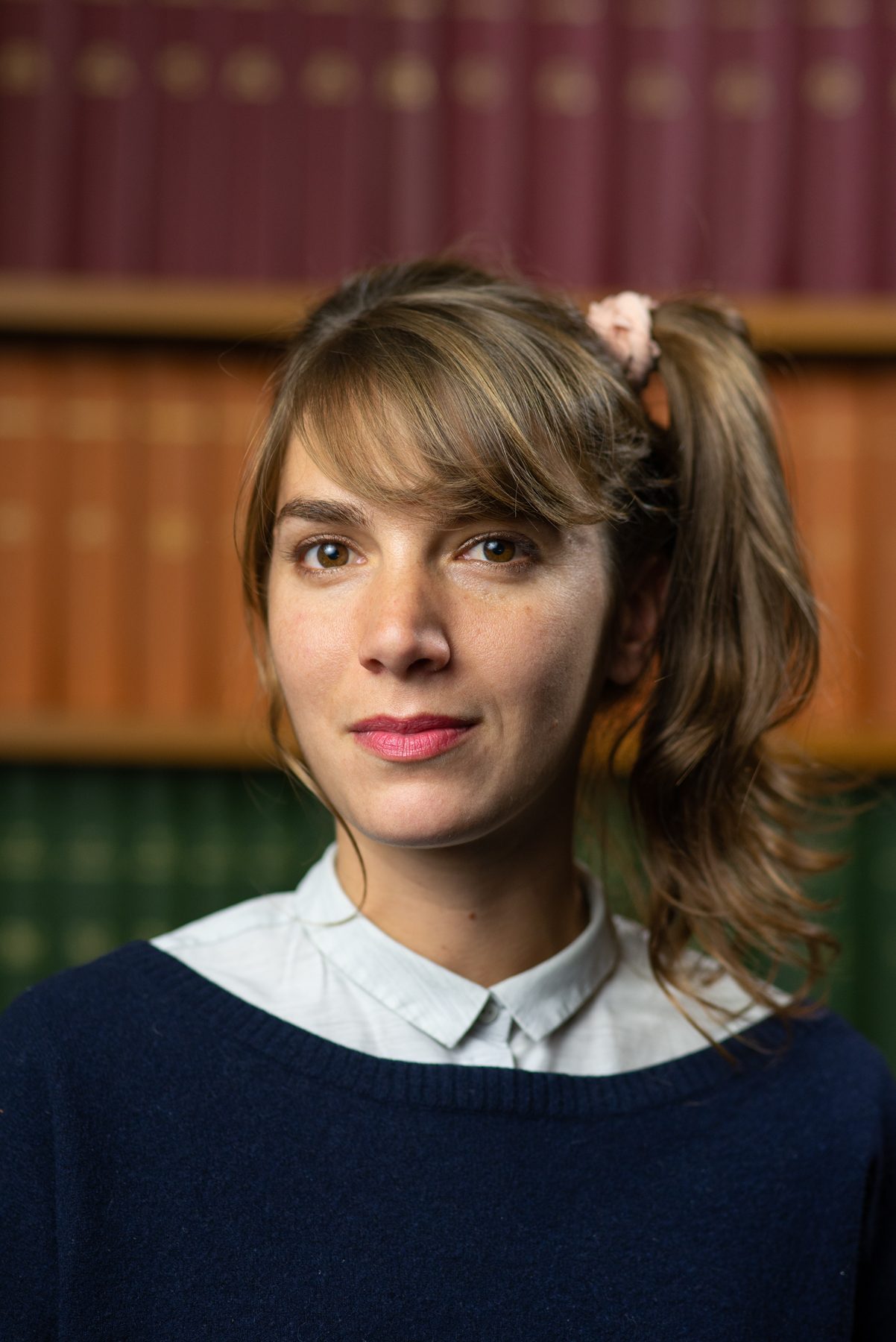
We are pleased to welcome Dr Camille Loiseau to the Unit as a Postdoctoral Neuroscientist in the Magill Group.
Camille graduated with a M.Sc. in Integrative Biology and Physiology from Pierre and Marie Curie University (UPMC) Paris, France, in 2013. As part of her Ph.D. in Neurophysiology that she completed at UPMC in 2017, Camille worked on the neuronal networks that underlie the central respiratory drive. In particular, Camille’s doctoral research elucidated the brainstem-related mechanisms by which progestin impacts on CO2/H+ chemosensitivity.
Here in the Unit, Camille will be defining how the activity dynamics of basal ganglia neurons are perturbed in Parkinsonism, using a combination of in vivo electrophysiological recordings, cell-type-selective manipulations, quantitative neuroanatomy, and behavioural analyses.
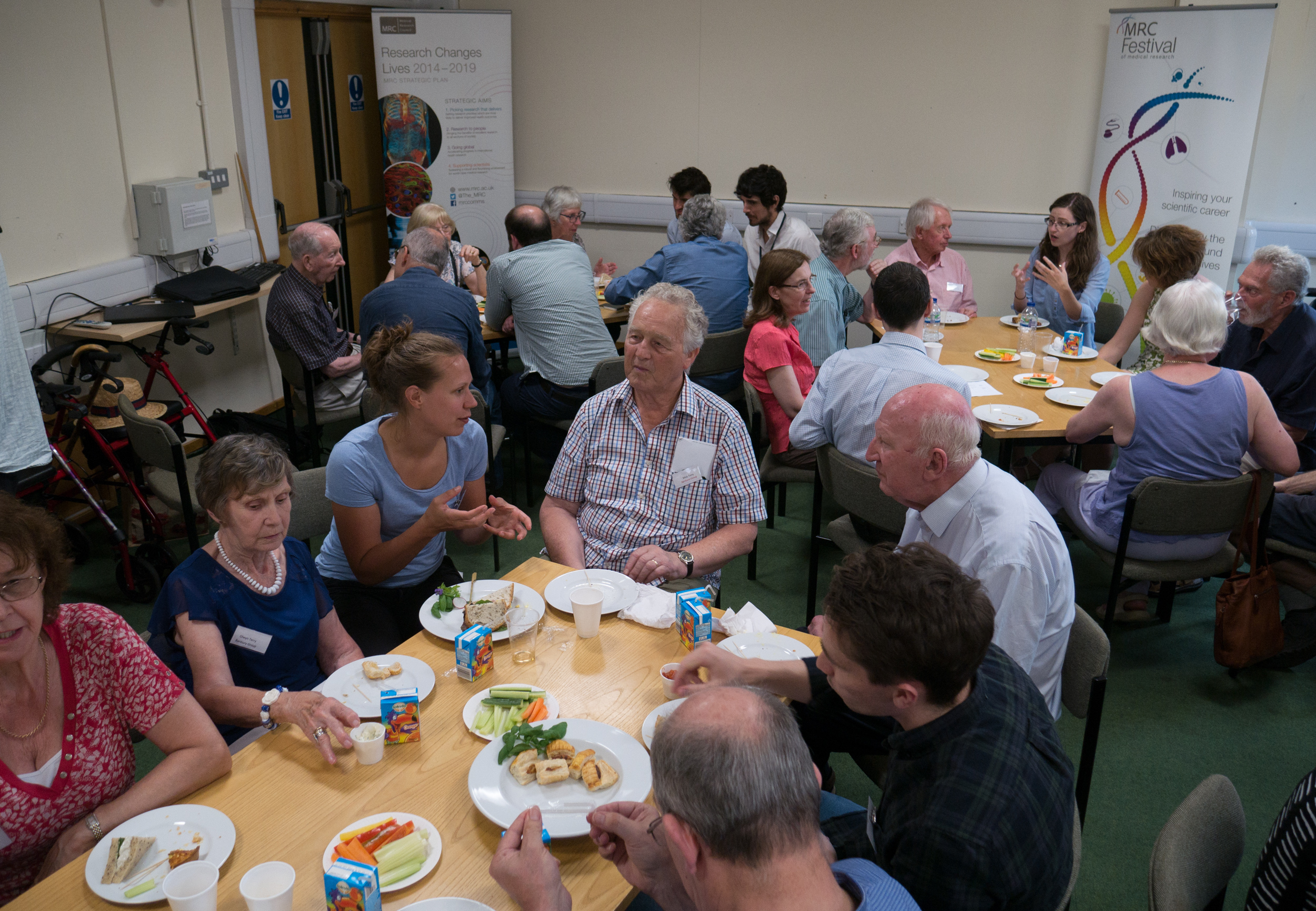
We are delighted to announce that the MRC Brain Network Dynamics Unit has launched its first network of stakeholders for Patient and Public Involvement (PPI) in research.
The Unit’s PPI network is supported in part by volunteers from local groups of people affected by Parkinson’s, including patients, carers and their families and friends. Going forward, the Unit will be working with the PPI network to optimise the planning, delivery and communication of Unit research.
Unit Deputy Director, Professor Peter Magill, commented “The creation of our stakeholder network for PPI presents an exciting opportunity for us to get the advice and feedback we need to maximise the impact of our world-leading research. Getting people actively involved should prove to be mutually beneficial as we work towards achieving the Unit’s Mission.”
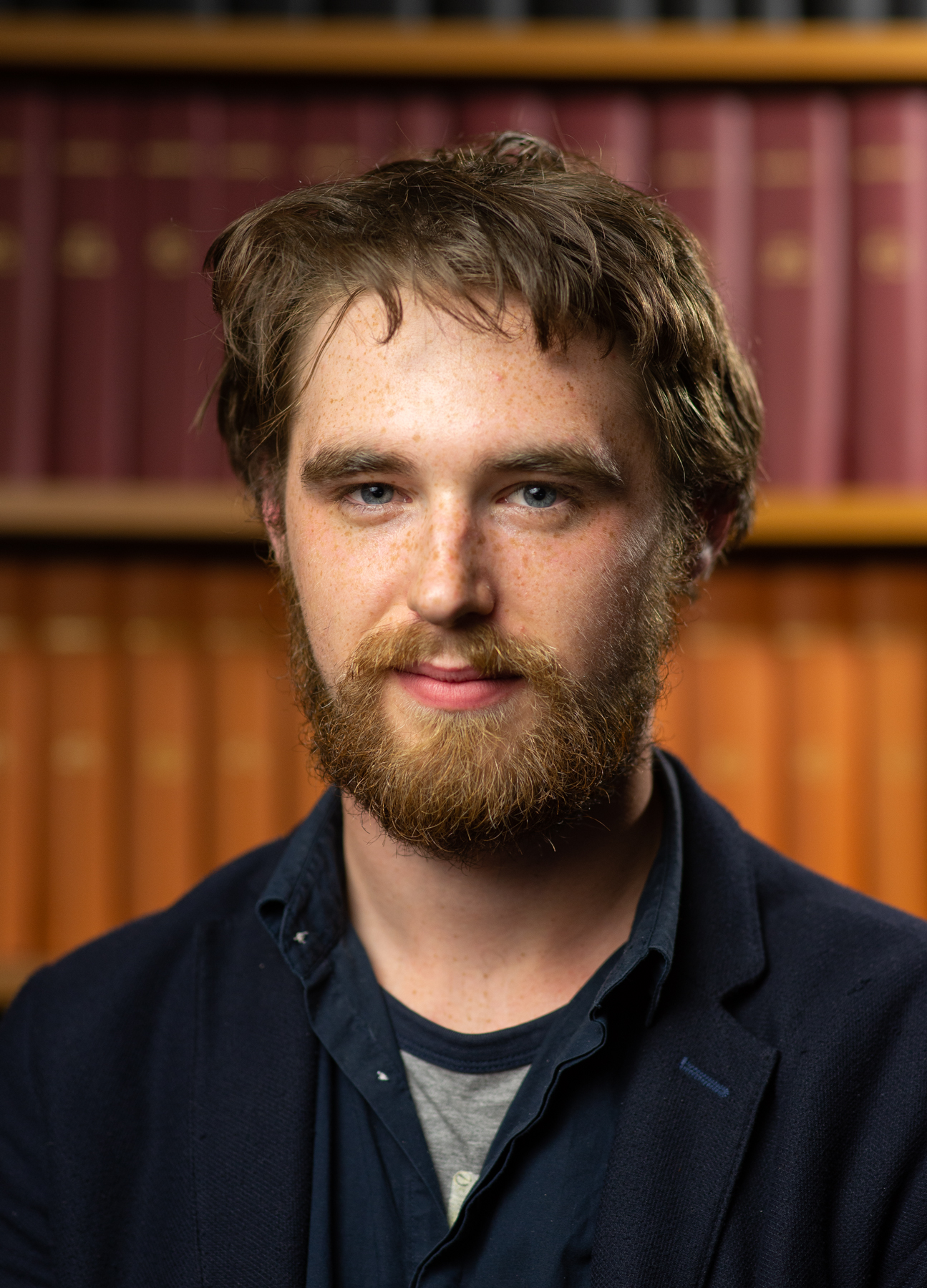
We are pleased to welcome Mr Calum Mulveen to the Unit as a Research Technician in the Magill Group.
Calum graduated with an M.Sci. (hons.) in Biomedical Sciences from St George’s University of London in 2018. His training included human dissection, basic clinical sciences, and a later specialisation in the area of neuroscience. Calum then worked on a research project focusing on addictive behaviour and neurophysiology, which was carried out through The Erasmus Programme at the Donders Institute for Brain, Cognition and Behaviour in Nijmegen, the Netherlands.
Here in the Unit, Calum’s work will be centred on the development and delivery of novel in vivo platforms for drug discovery in Parkinson’s disease, as part of the Unit’s new translational research venture with partners at the University of Oxford and FORMA Therapeutics.
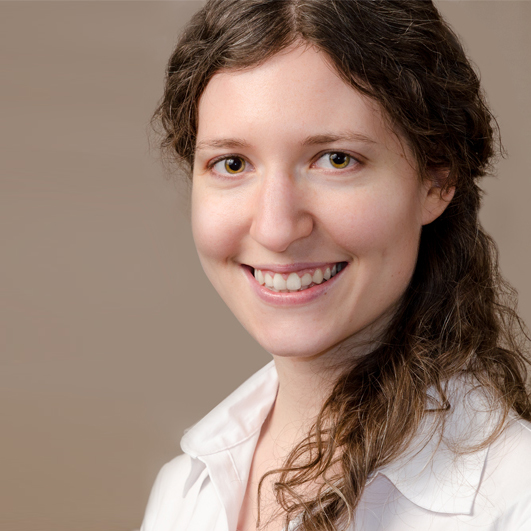
Many congratulations to Unit postdoctoral scientist Dr Petra Fischer who has been awarded the Tilleard-Cole Junior Research Fellowship in Neuroscience at Worcester College, Oxford.
Petra will take up her Fellowship and join the College’s Senior Common Room in October, and is already looking forward to cross-disciplinary discussions and getting involved in College life.
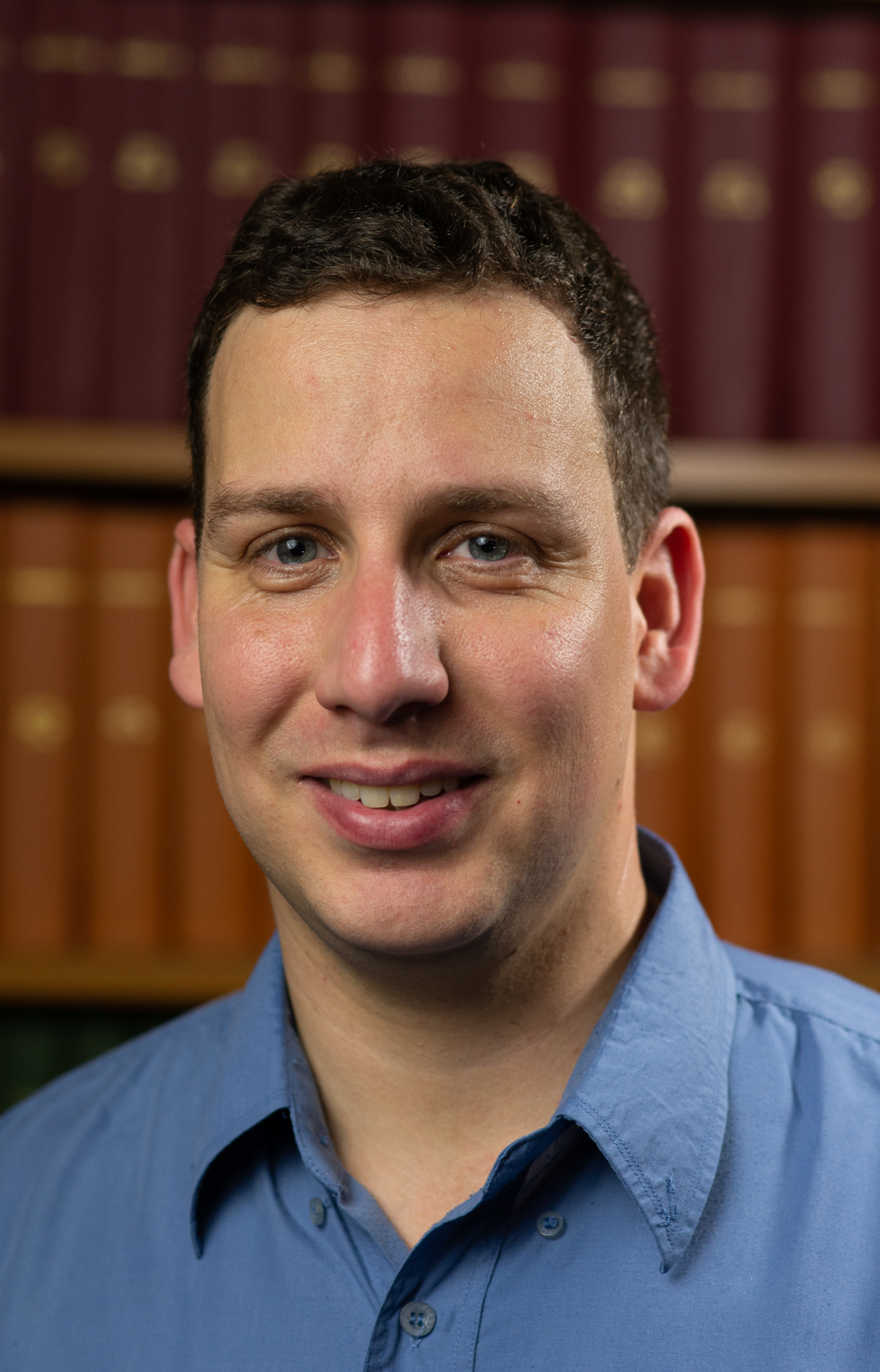
We are pleased to welcome Dr Guy Yona to the Unit as a Postdoctoral Neuroscientist in the Magill Group.
Guy originally graduated with a B.Sc. in Electrical Engineering and a B.A. in Physics from the Technion - Israel Institute of Technology, and then received his M.Sc. in Electrical Engineering from Tel-Aviv University, Israel. In 2017, Guy obtained his Ph.D. from the Technion, where he studied motor network activity in the brains of spontaneously running animals using functional Magnetic Resonance Imaging (fMRI). As part of these studies, Guy also used optogenetic stimulation and models of Parkinsonism. In order to achieve precise spatial control with optogenetics over large areas of the motor cortex, Guy developed a holographic patterned projection system with a chronic implant for use inside the MRI scanner.
Here in the Unit, Guy will be defining the encoding of movement by basal ganglia neurons and how this is perturbed in Parkinsonism, using a combination of in vivo electrophysiological recordings, cell-type-selective manipulations, and behavioural analyses.
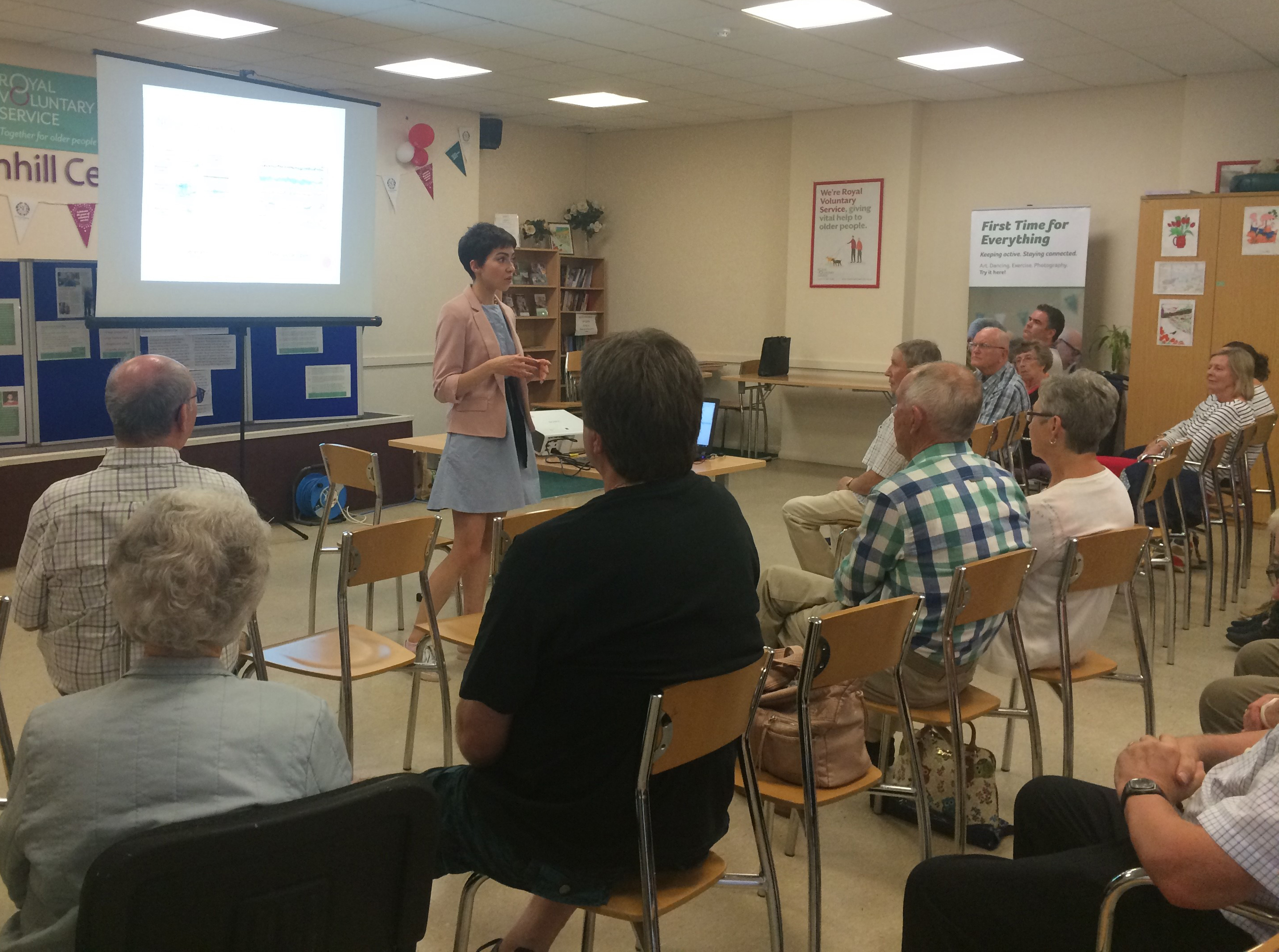
Last week, Unit D.Phil. student Eszter Kormann and Unit Group Leader Huiling Tan went to Banbury to visit about 40 members of a local group of people affected by Parkinson’s, including patients, carers and their friends and families.
The visit began with a talk from Eszter on the role of brain rhythms in Parkinson’s, drawing on her work with patients as well as the use of animal models in Parkinson’s research. Huiling then introduced some of the Unit’s research on brain stimulation for the treatment of Parkinson’s, and shared some exciting new developments for improving these therapeutic approaches. Each of the talks was integrated with a lively discussion session in which the audience’s questions came thick and fast, stimulating further conversations about Unit discoveries made in the clinic and at the lab bench.
Feedback from the audience was overwhelmingly positive, and included: “The presentations were pitched at just the right level for our members, very few of whom have any significant scientific or medical knowledge.” “I was very interested and encouraged to learn that closed-loop Deep Brain Stimulation may be available to some Parkinson’s patients in the future.”
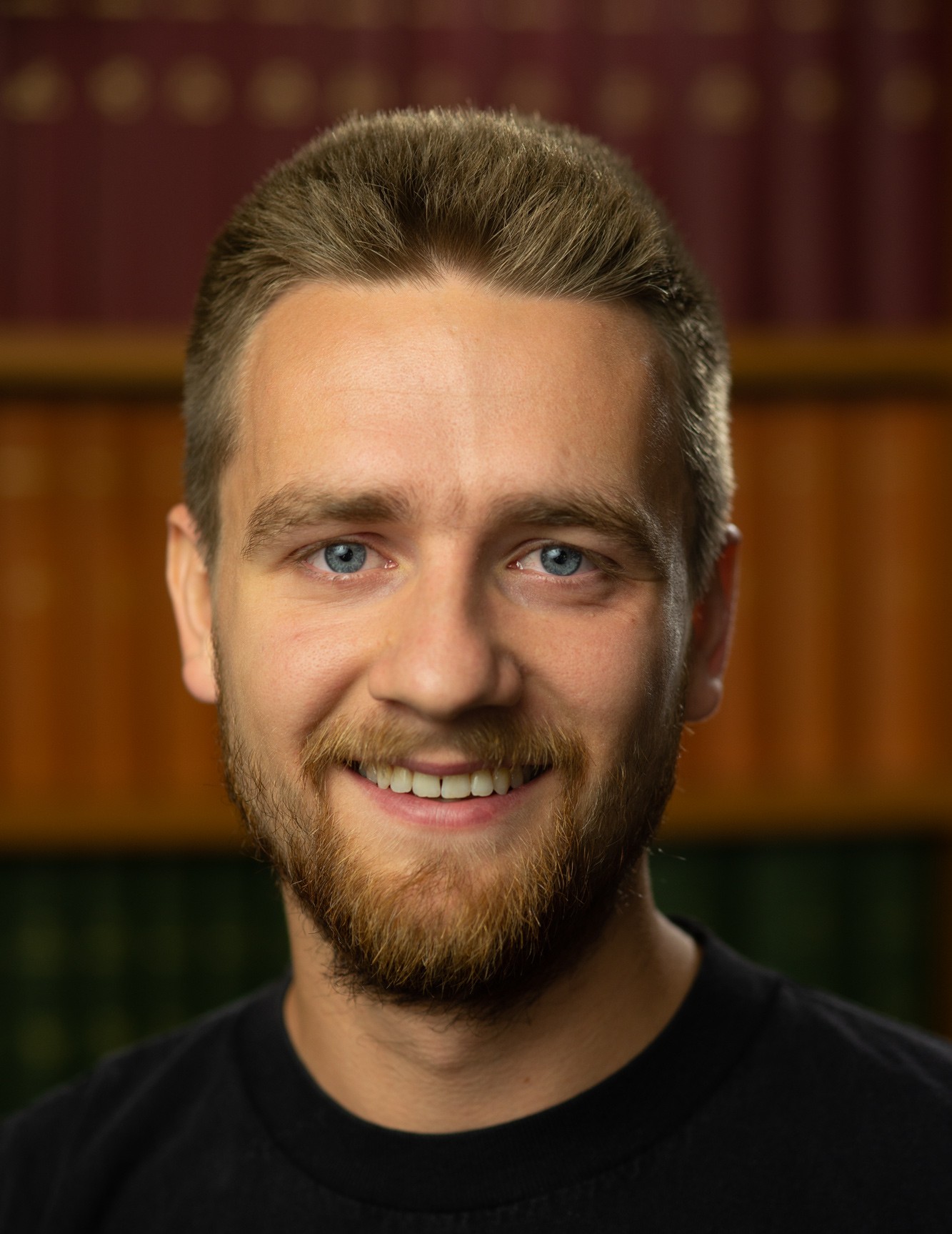
We are delighted to announce that Unit D.Phil. student Alexander Morley has been awarded a prestigious Mozilla Fellowship.
The Mozilla Fellowships for Science present a unique opportunity for researchers who want to influence the future of open science and data sharing within their communities. Mozilla Fellows are web activists, open-source researchers, and technology-policy experts who work on the front lines to help ensure that the internet remains secure, inclusive and decentralized. Fellows develop new thinking on how to address the key emerging challenges to sustainable internet use.
Alex was awarded his Fellowship to continue and expand upon his efforts to make research more accessible, inclusive, and reproducible. Alex is one of only six researchers chosen from a world-wide call for applications; his award was based on his previous work and also recognises the Unit’s creation of a supportive environment for innovation in research practices.
For his Fellowship work, Alex will focus on developing resources around the idea of “Continuous Research”. While more and more data accumulate, and further ways to analyse data are developed, Alex considers that the time is right to embrace automated solutions for comparing and integrating research. Alex sees this not only as an opportunity to innovate, and to enhance reproducibility, but also to remove some of the barriers to participation in research. Alex will take up his Mozilla Fellowship this Autumn, and will be continuing to work as part of David Dupret’s Group at the Unit.
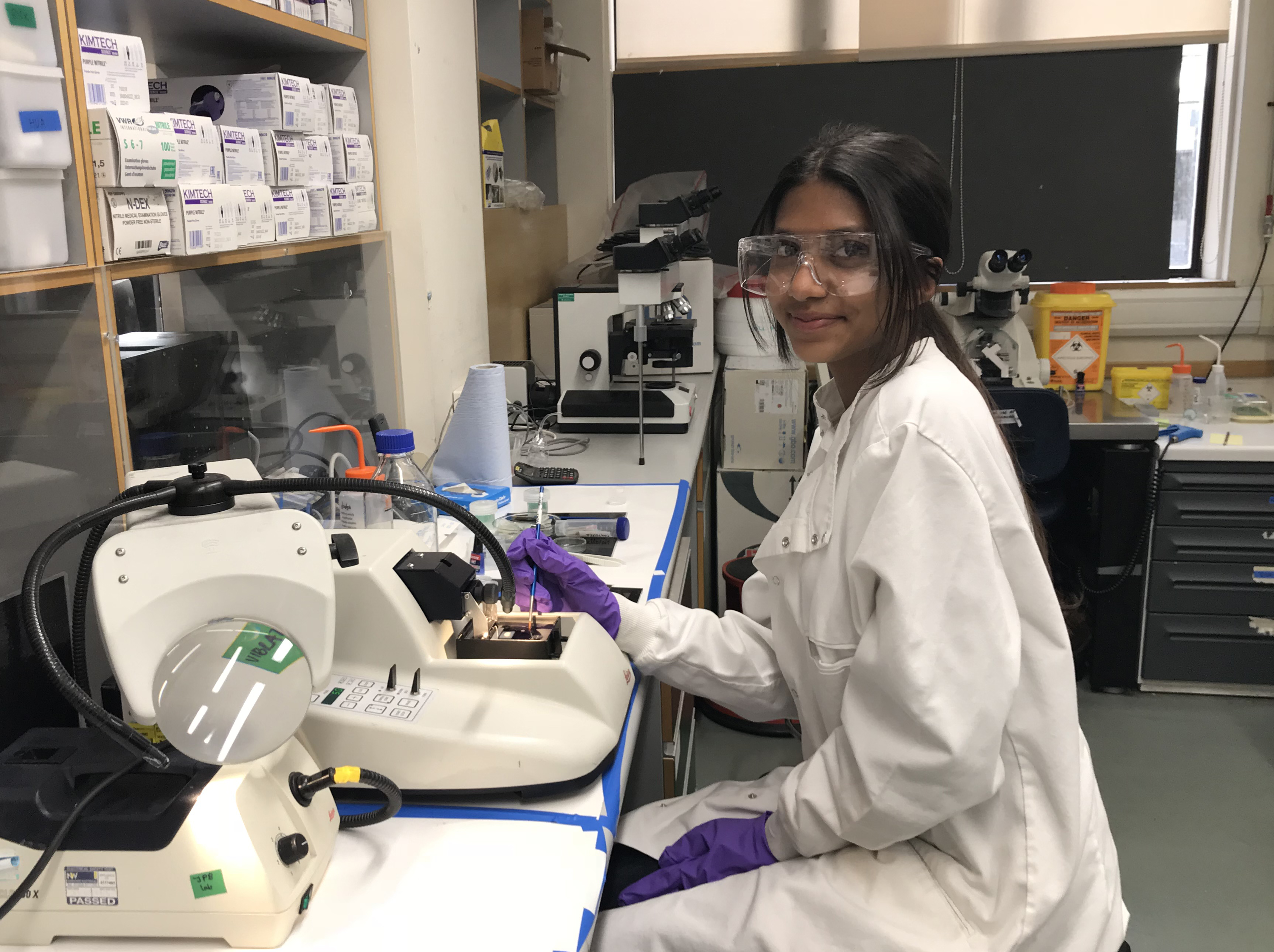
Over two weeks in July and August, the MRC Brain Network Dynamics Unit again hosted school pupils enrolled on an innovative work-experience placement scheme that was organised in partnership with the charity in2scienceUK.
The placement scheme was tailored for pupils from local state-funded schools to support their progress into university degrees and careers in science, technology, engineering and mathematics (STEM). During their time in the Unit, the pupils worked alongside Unit scientists and received personalised mentoring to gain a wide variety of practical experiences as well as to learn more about key concepts and challenges in neuroscience, medical research, and the use of animals in scientific procedures. In a series of integrated workshops with in2scienceUK, the pupils also received guidance on university applications, wider information about STEM careers, and training in transferable skills. The pupils recorded their experiences and progress in blogs and images.
The STEM work-experience placement scheme was pioneered in Oxford by the Unit in 2016, and was then successfully rolled out across the wider University in 2017. Building on these achievements, this year’s scheme extended to over 50 pupils, hosted in labs across eleven Departments and two Divisions at the University.
Deputy Director Professor Peter Magill commented “Over the fortnight of activities, it was inspiring to see the enthusiasm and enjoyment of the pupils, their mentors, and other Unit members. Working with our partners at in2scienceUK, we have again delivered a range of experiences that set a high standard for engagement. We are thrilled by the continued growth of the scheme in Oxford; to progress from hosting 5 pupils to over 50 pupils in just 3 years is remarkable. Engaging local school pupils continues to be a priority for the Unit’s flourishing Outreach Programme, and it has been a pleasure to lead on widening access and participation in STEM.”
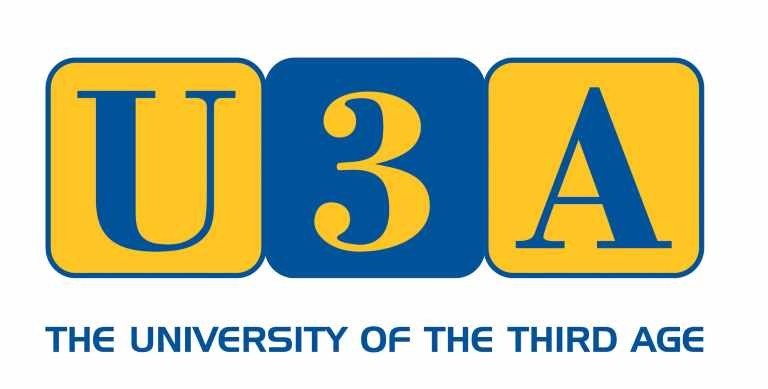
On 7th August, Unit Director Professor Peter Brown visited the Didcot U3A Science, Maths & Technology Interest Group to give a talk entitled “Dealing with bad brain-waves in Parkinson’s”. Peter took the opportunity to communicate the Mission and work of the Unit, before focusing on the research of his own Group. The talk was peppered with insightful questions from the audience, who greatly enjoyed the presentation as well as the open discussion session that followed.
The U3A (University of the Third Age) is a UK-wide movement which brings together people in their ‘third age’ to develop their interests and continue their learning in a friendly and informal environment.
Professor Brown commented, “The meeting was a great opportunity to engage with retired and semi-retired people with a particular interest in science, technology, engineering and mathematics. It was a pleasure to learn that the work of the MRC Brain Network Dynamics Unit is so appreciated.”
